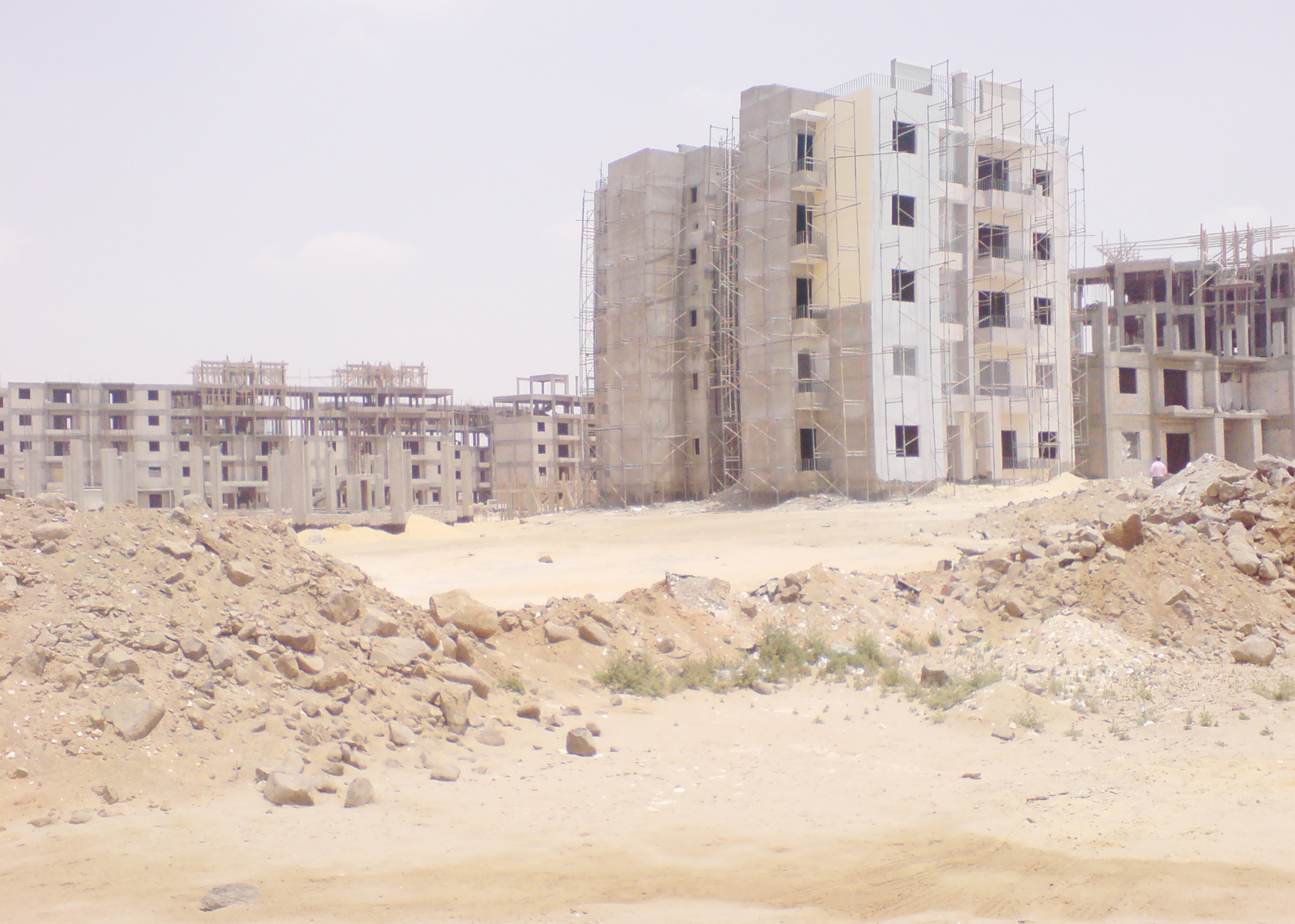
(Photo from GebRaa’s official website)
A small red coffee table bearing a couple of plastic heart-shaped Chinese photo frames with pictures of life memories, crystal bonbonnieres and antique vases decorate the centre of the quiet guestroom. This is one of the traditional images of an Egyptian house post- globalisation, which GebRaa tries to change.
“GebRaa”, a social enterprise selling home accessories, attempts to revive traditional Egyptian crafts at risk of extinction. These include “Khaiameya” (tent makers) and carpentry styles that use coral and shells to decorate furniture.
Merging the names of the ancient god of the earth “Geb” and the ancient god of the sun “Raa”, GebRaa creates its own home décor lines. It takes creative new designs for products including trays, photo frames, mirrors and coffee tables, with product prices ranging from EGP50 to EGP500.
The organisation which was launched in 2008, aims to empower marginalised artisans and appreciate their work, by marketing the products in new markets which keeps them sustain their activity.
“Most of the people working in such industry are leaving it now into non-useful ones like turning into drivers,” said Rania Sedeeq, the founder of GeBraa. “We have to give them an alternative, unless we want to lose our identity.”
The project offers employment opportunities to the country, she said.
Around 60% of GebRaa’s profits return back to the products hometown, improving schools, community development and heritage preservation, she said.“Those who work with us deserve a proper environment to live and work in.”
The process of turning a normal seashell into a photo frame or a tray is very long and hard, yet it takes place in one of the poorest villages in Minya in Upper Egypt, Sedeeq said. Merging corals and shells with wood is not the easiest thing to do either.
“A desert-climate country like Egypt, has always exported wood,” she said. GebRaa, however, managed to find a way of turning palm fronds into wood instead of burning them with the help of Hamed El-Moselly, professor of production engineering at Ain Shams University.
“We are the first to produce such products with such wood,” she said. This will help reduce the costs of exporting wood as well as the air pollution caused by combustion.


